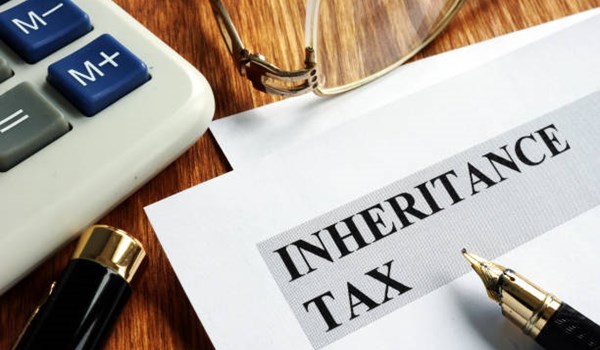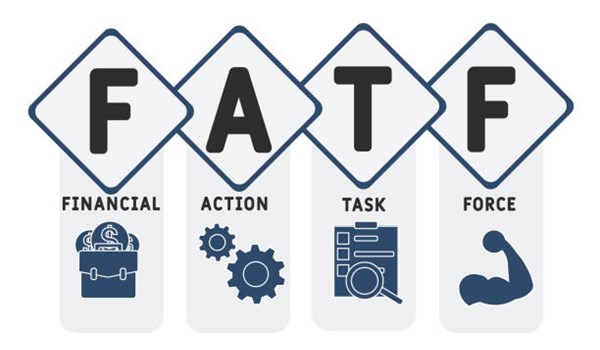Binance faces a demand for nearly $86 million in unpaid GST from Indian authorities, aiming to resume operations after a previous ban.
Indian law enforcement agencies have demanded 722 crore Indian rupees ($86 million) in unpaid taxes from crypto exchange Binance.
Binance, along with numerous other offshore crypto exchanges, was banned in India in January 2024 for noncompliance with local regulations. However, in April, Binance revealed its intent to restart its crypto trading operations in the region after paying pending taxes.


On Aug. 6, the Directorate General of Goods and Service Tax Intelligence (DGGI) — an Indian law enforcement agency — demanded 86 million from Binance under the Goods and Services Tax (GST), according to The Times of India. A local source cited in the report said:
“Binance reportedly earned at least Rs 4,000 crore from transaction fees charged to Indian customers. Detailed investigation revealed that the earnings of these fees were credited to the account of a Binance Group Company — Nest Services Limited — based in Seychelles”
The DGGI notice to Binance is the first tax demand levied by the Indian government on any crypto exchange.
Additionally, Indian authorities sent email notices to Binance offices in Seychelles, the Cayman Islands and Switzerland, which the crypto exchange ignored. However, Binance later appointed a local counsel to officially resolve its tax obligations.
Crypto tax obligations in India for offshore crypto exchanges
Indian law requires all crypto service providers and investors to pay a 1% tax deducted at source (TDS) on every crypto transaction, irrespective of its value. In addition, all profits booked on crypto investments attract a 30% tax.
While Indian crypto exchanges, such as WazirX and CoinDCX, had implemented internal systems to simplify tax obligations for their user base, offshore exchanges failed to enforce the requirement at the time.
Binance had initially planned to pay a $2 million fine for noncompliance and restore its services to India. However, the $86 million fine was imposed to recoup the “fees” Binance collected from Indian users while it was operational in India.
India taxes crypto to prevent money laundering
Indian tax authorities are actively targeting offshore crypto exchanges that have previously operated without registering under India’s GST framework.
The Indian GST framework consists of four-tier tax slabs at 5%, 12%, 18% and 28%, with certain goods and services attracting a cess — a type of tax imposed on entities offering educational and health services — over and above the applicable tax rate.
It is expected for Indian authorities to impose similar taxes on all other foreign crypto exchanges, including Huobi, Kraken, Gate.io, KuCoin, Bitstamp, MEXC Global, Bittrex and Bitfinex, among others.
Binance is also fighting legal battles related to tax evasion in other parts of the world, including Nigeria.





